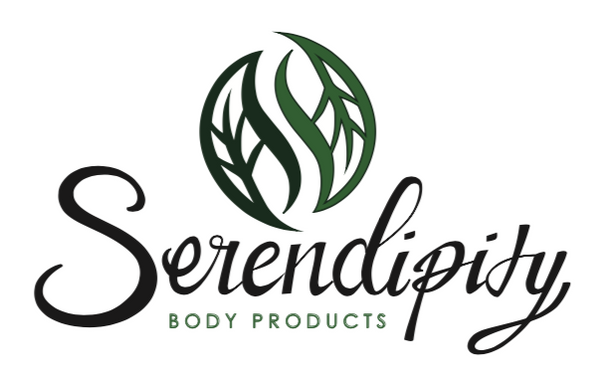
I remember trying to find an answer to this a few years ago and found that studies had shown mixed results. In general, I’d been avoiding soy products and started thinking about this again as I’m eating a mostly plant based diet. Because I have hormone conditions related to high estrogen, and breast cancer runs in the family, I decided to do some more digging.
Soy (and soy products), legumes, flaxseeds, broccoli, carrots, coffee, oranges and tea are high in phytoestrogens. Phytoestrogens are naturally occurring estrogen from plants and so a plant-based diet is high in phytoestrogens. Phytoestrogens seem to function similarly to human estrogen but are weaker. Soy is also found in 60% of processed foods (Pros and Cons of Phytoestrogens, 2010).
The benefits of phytoestrogens are believed to reduce osteoporosis, heart disease, breast cancer and menopausal symptoms (as well as prostate cancer in men). High levels of estrogen made by the body and synthetic estrogen increase the risk of breast cancer, endometriosis, fibroids and endometrial cancer. Phytoestrogens are natural but do they cause the same risks? Do the benefits outweigh the risks?
Unfortunately, most studies are still showing mixed results. Studies can be difficult to compare as they may use different doses, duration, diets, ethnicities, age (hormone levels) and forms of phytoestrogens administered. Additionally, some studies are conducted on animals or are funded by soy manufacturers (which may result in bias).
According to Soy and Health Update (2016), most studies that show concerns regarding soy are based on animal studies whereas human studies support the benefits of soy. However, the author is the executive director of the Soy Nutrition Institute, an organization funded by the United Soybean Board.
The Biological Effect of Soy in Diseases (2019) reviews studies on humans and concludes that soy seems to help prevent disease. However, they point out that the data is incomplete as most of the subjects were from Asian countries where soy is a major component of diet. The results seem to show that consuming soy from early childhood reduces the risk of breast cancer, however consuming it later in life shows less benefits. The authors recommend that soy should be included in a daily diet.
Soy, what do you think? Ha ha. I guess I’m going to have to revisit this again in a few years’ time. In the meantime, I think I will start to consume soy and soy products in moderation. Bottom line is to use caution - talk to your doctor if you’re pregnant, if you’ve had breast cancer and if you’re considering feeding your baby soy formula.
For easy to understand information (relatively speaking!) on disease prevention and treatment results with soy see Soy Isoflavones published by Oregon State University.
